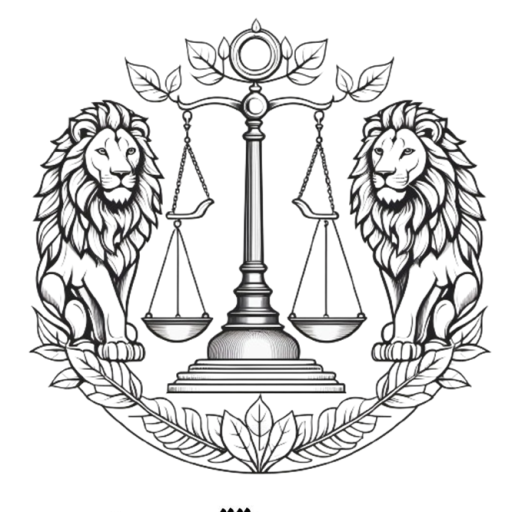Amirali R. Davoudpour
Iranian Canon of Medicine and Law, Administrative Wing of Law and Healing association, Iranian Watchdog of Medicine and Law, Tehran-Iran
Email of the corresponding author: davoudpour@canmedlaw.org
Accepted and published July, 2024
This article is published under CC BY creative common license that Allows others to distribute, remix, adapt, and build upon the work, even commercially, as long as they credit the original creator.
Abstract
This paper examines the interplay between hikmat (wisdom) and scientific achievements, focusing on their representation in Persian and Arabic literature and their practical implications in contemporary conflicts, such as in Gaza. Hikmat, encompassing moral and practical wisdom, is a central theme in Persian educational literature and is reflected in the works of Jahili poets in Arabic literature (Mohseni Nia & Maryami, 2011; Abdul Jalil, 2001). This wisdom, as defined by Dehkhoda and others, involves understanding life issues and living ethically (Musaheb, 1966). In contrast, science, characterized by empirical methodologies and the pursuit of universal truths (Kuhn, 1970; Popper, 1959), often lacks the ethical and experiential dimensions of wisdom. The paper compares the wisdom of Solomon in the Bible and the Quran, highlighting his exemplary qualities and divine favor in both texts. The Biblical Solomon is acknowledged for his wisdom but ultimately succumbs to personal failings, whereas the Quranic Solomon remains a steadfast prophet (1 Kings; Quran 27:20-44). The comparison illustrates distinct theological and literary traditions. Furthermore, the paper discusses how scientific advancements, while providing significant benefits, can be misused for destructive purposes, as seen in the Gaza conflict (2023-2024), which exemplifies the divergence and potential conflict between science and wisdom. The study concludes by emphasizing the need for integrating scientific progress with wisdom to ensure ethical and humane outcomes. The Gaza conflict serves as a stark reminder of the consequences when scientific achievements are not guided by wisdom and ethical considerations. Future research should explore the integration of these domains to foster a more holistic approach to human progress.
Keywords: Gaza, Solomon, Hikmat, Wisdom
